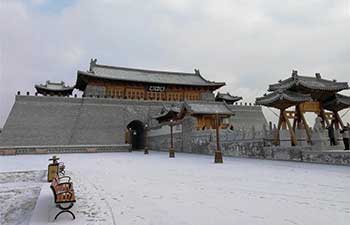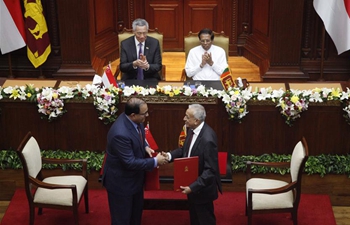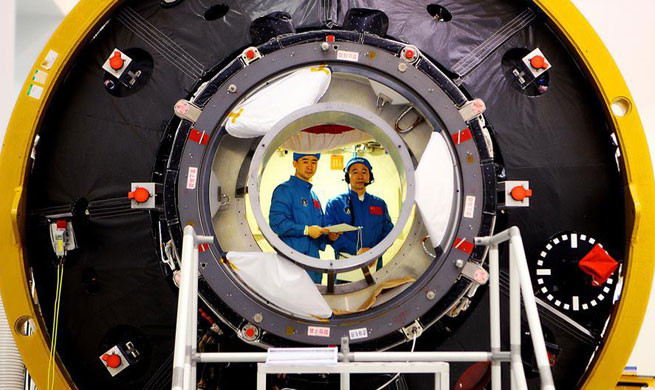BEIJING, Jan. 24 (Xinhua) -- Indian actor Aamir Khan's latest film "Secret Superstar" has taken Chinese audiences by storm within four days of its release, becoming a hot topic against the relatively cooler China-India relationship.
Chinese filmgoers' appreciation of Aamir Khan's films reflects the common aesthetic pursuit of the two countries, which should be extended from the cultural aspect to broader areas, including politics and the economy.
China and India, both ancient civilizations, share rich exchanges in history and lend each other valuable support in the international arena.
More than a thousand years ago, Indian monk Bodhidharma came to China to spread Buddhist teachings, and Chinese monk Xuanzang's famed journey to the west during the reign of the Tang Dynasty brought Indian culture back to China, marking a flurry of cultural exchanges between the two Asian giants in olden times.
The two ancient civilizations also share similar thoughts and ideas. Chinese cultural traditions resonate with many ideas embedded in Indian culture, such as non-violence and the harmonious coexistence of nature and humans.
In modern times, China and India bolstered their friendship by supporting each other. China supported India's struggle for national independence. India, for its part, sent doctors to help China fight Japanese aggression during World War II.
In the cultural arena, Nobel laureate Rabindranath Tagore made tremendous contribution to bilateral ties, including establishing one of the oldest centers in India to study the Chinese language and literature.
The Five Principles of Peaceful Coexistence, jointly advocated by both countries more than six decades ago, have become an important guide for state-to-state exchanges and cooperation in today's world.
As two emerging-market countries with a huge population, China and India have much to learn from each other in statecraft and economic development. They also share similar visions for upholding multilateralism and pursuing a more just and equitable international order.
On sensitive issues, the two neighbors need to put aside differences and pursue cooperation with foresight. India should realize that Chinese traditional culture has no hegemonistic element. The Belt and Road Initiative proposed by China seeks common prosperity and world peace and stability.
The more the two countries understand each other, the better they can dovetail their development plans and cooperate and coordinate to bring benefit to their two peoples.

















